Men Having Babies, MHB, started back in 2005 as a “peer support network for biological gay fathers and fathers-to-be,” according to the group’s website.
“We were heartbroken.”
“We just figured it wasn’t going to happen for us.”
“We spent everything — all of our savings — over nine years.”
“We took one look at the price tag, and figured it wasn’t within reach.”
These are the statements of two couples — Jay and Victor, and Daniel and Ricardo — who, at one point or another, came close to giving up on their hopes to become fathers.
It’s frustrations such as these, which are unfortunately all too commonly heard from would-be gay fathers, that prompted a group of gay men to form “Men Having Babies” or MHB, a resource organization to help prospective gay dads navigate the often-troubled waters of surrogacy.
The organization started back in 2005 as a “peer support network for biological gay fathers and fathers-to-be,” according to the group’s website. Originally, the group operated as a small program out of New York City’s LGBT Community Center. In 2012, however, it morphed into a standalone non-profit organization, and has since expanded to offer workshops and seminars for gay men interested in becoming biological fathers from cities ranging from Los Angeles to Tel Aviv.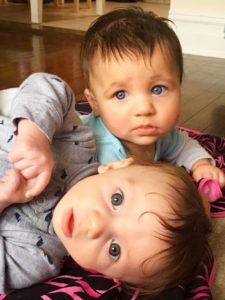
While many other resource organizations exist to help LGBT parents, MHB is, to their knowledge, the only of its kind focused on easing the considerable financial burden of surrogacy for prospective gay fathers — the average cost of which is roughly $120,000.
“There are a dozen or so foundations that provide financial assistance to infertile people,” said Ron Poole-Dayan, the executive director and founding member of MHB, “but none offer to help to gay men, even though they need substantial third party assistance in order to become parents.”
Ron pointed out that as a category, gay men can face more obstacles in their quests to become parents than others. “These include biological, legal, and social constraints, as well as significantly higher financial costs.”
One of the main aspects of the organization’s mission, then, is to promote the affordability of surrogacy. It’s a cause close to the hearts of all those involved with MHB. According to A.J. Edge, the director of operation and finance for MHB, all of the organization’s board members have previously gone through their own surrogacy processes.
“They know that surrogacy is not something that’s open to anyone,” A.J. said. “And that it can be overwhelming and daunting — so that’s why GPAP was born.”
MHB created GPAP — or the Gay Parenting Assistance Program — to assist prospective gay parents who cannot afford the full cost of biological parenting on their own. The program is split into two “stages.” Those approved for Stage 1 become eligible for substantial discounts off the cost of surrogacy services from dozens of leading service providers. Stage II assistance, though more selective, is even more comprehensive — those accepted are provided with direct cash grants and free services to cover a considerable portion of the cost of surrogacy.
“In the last two years, more than 300 couples became eligible for substantial discounts off the cost of surrogacy services,” said Ron Poole-Dayan, the executive director of MHB, “and more than 40 couples have received direct financial assistance, including grants and free services. Ten babies were already born to Stage II couples, and many more are on their way.”
Without this type of assistance, the cost of surrogacy can be prohibitively expensive for many gay dads, or at least those who don’t happen to have an extra $120,000 hiding under their mattresses.
This sticker price was enough to deter Jay Todd and Victor Gonzalez, a couple of 17 years, when they took their first steps towards becoming fathers five years ago.
“We thought you needed to be like Elton John to have kids through surrogacy,” Jay joked. “It just seemed out of reach for most families — like such a fantasy.”
So instead, the couple first tried to adopt, a process that proved to be more emotionally fraught and expensive than they had hoped. “We spent thousands of dollars,” Jay said, “and it was very emotionally difficult time for everyone involved.” The couple came close to completing an adoption a couple of times — once with a child in Indiana, and a second time with a sibling group in Colombia — but neither worked out in the end.
The couple stresses that they have no regrets, and wish nothing but the best for the birth parents and their children. Still, the experience left them emotionally exhausted, and they decided to sideline their dream of becoming fathers. “We had to give up,” Jay admitted. “We just figured it wasn’t going to happen for us.”
Then, the couple learned about GPAP, and were approved for Stage I assistance. “We got substantial discounts from Simply Surrogacy and CT Fertility,” Jay said. “It probably saved us around $10,000.”
June 19, 2016 via Gayswithkids.com
Click here to read the entire article.


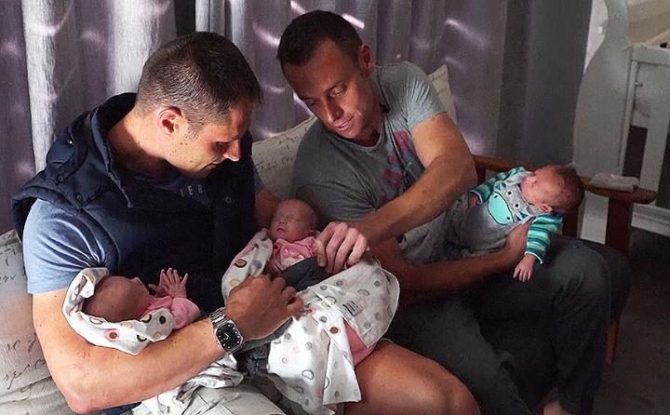
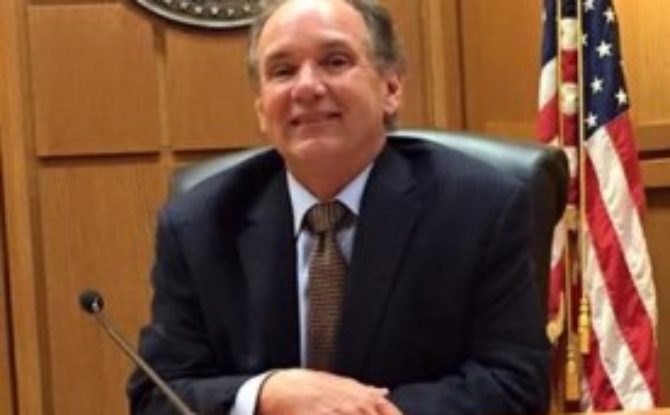

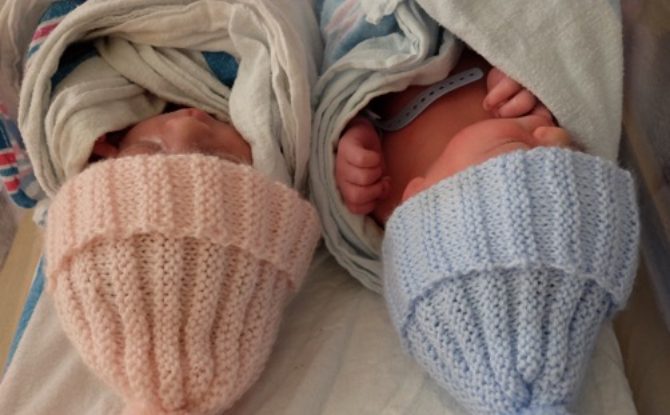
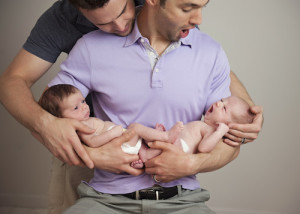
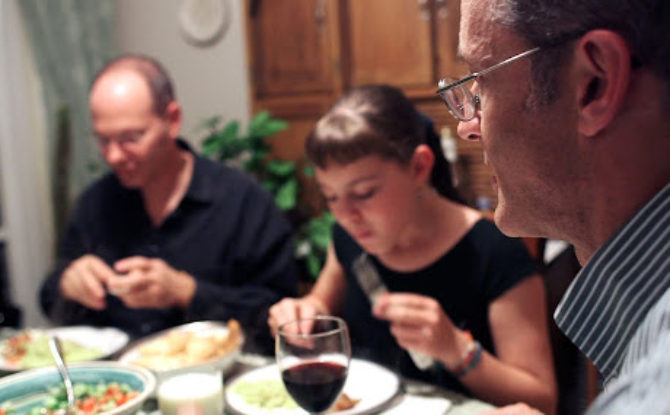
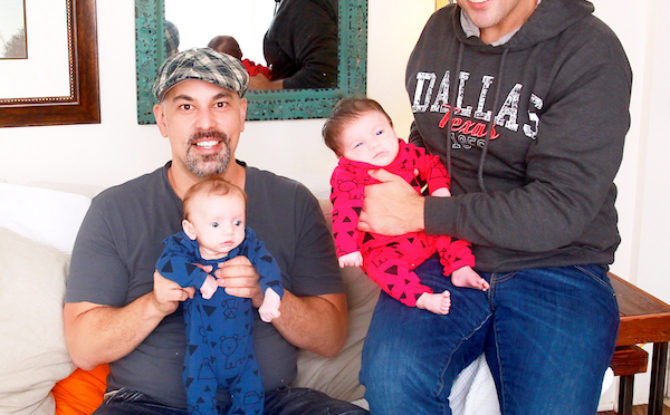

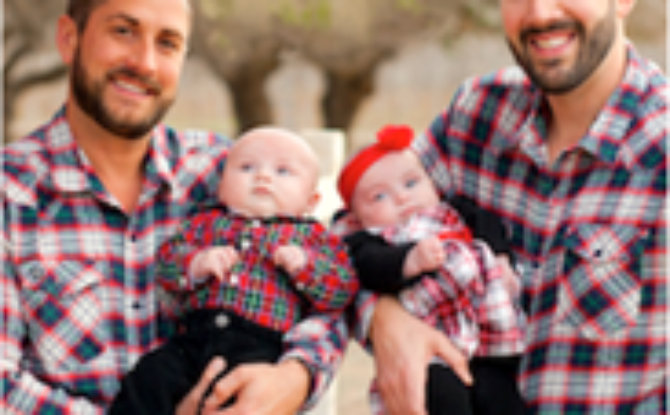
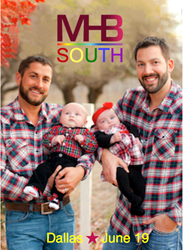
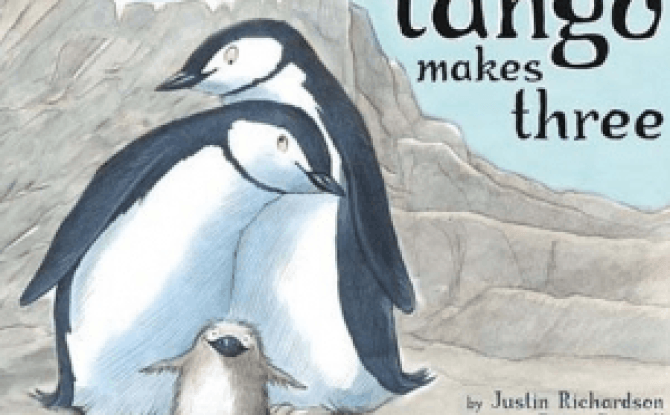
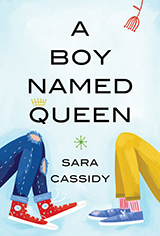

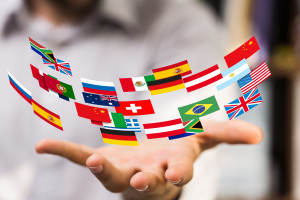
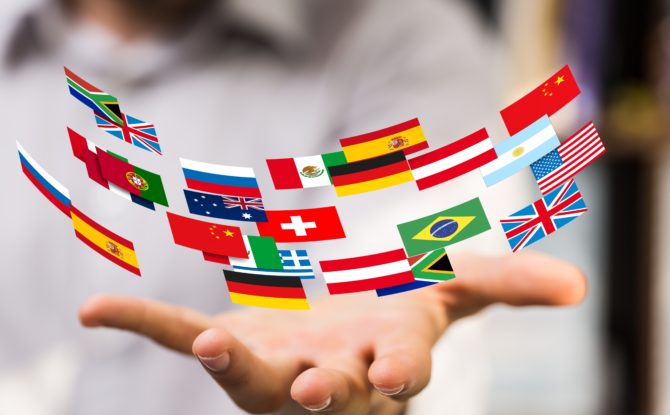
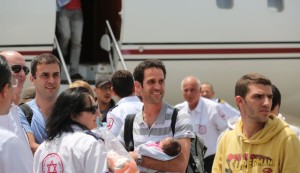
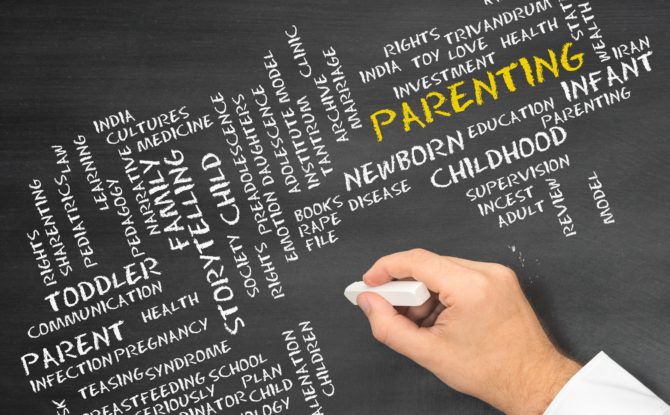
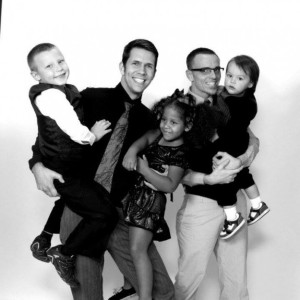
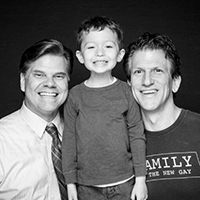 I count my blessings every day that my son Nicholas, a six and a half year old with the soul of my departed father, is growing up in New York City, where every language is spoken and where every culture is practiced. I am grateful that
I count my blessings every day that my son Nicholas, a six and a half year old with the soul of my departed father, is growing up in New York City, where every language is spoken and where every culture is practiced. I am grateful that